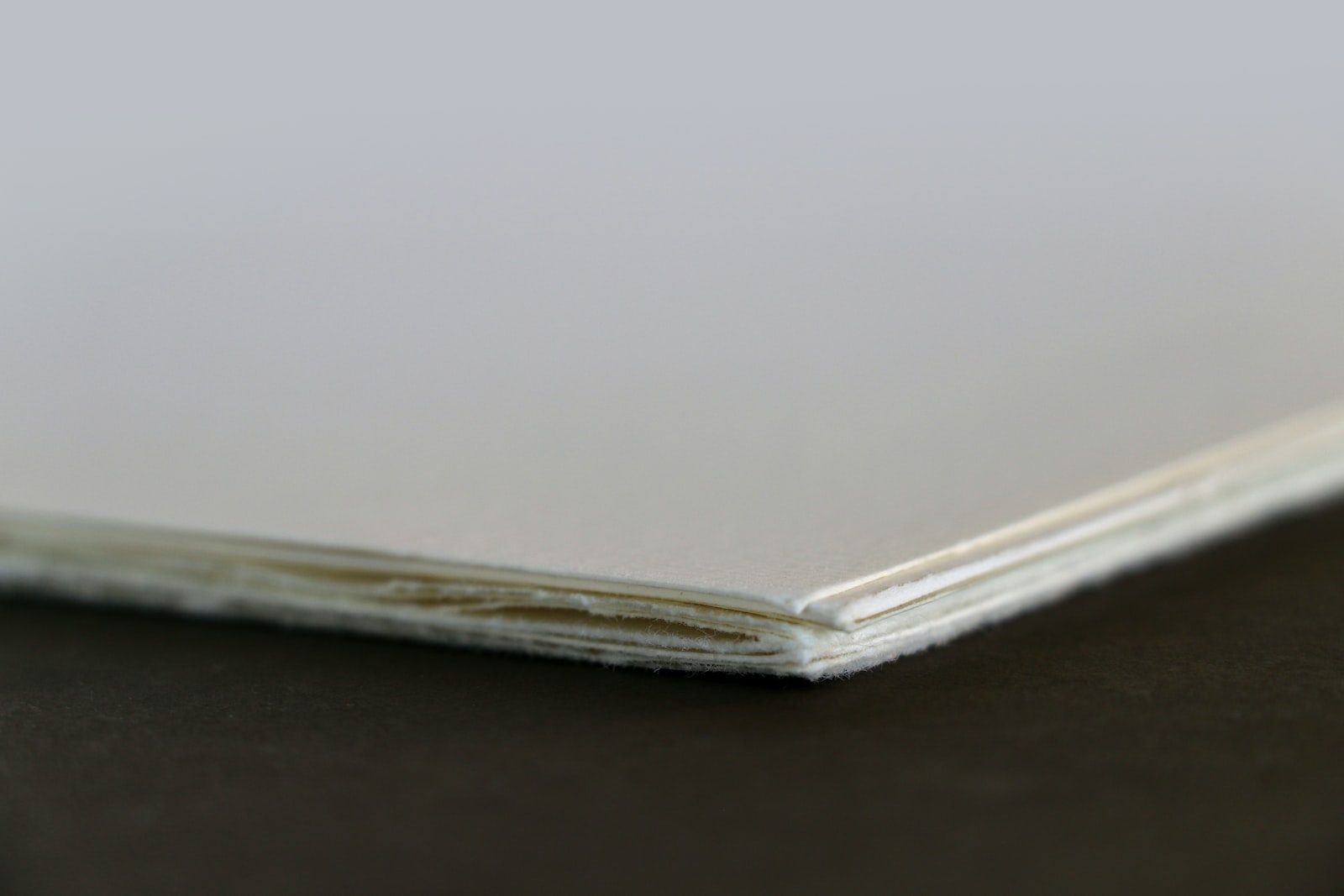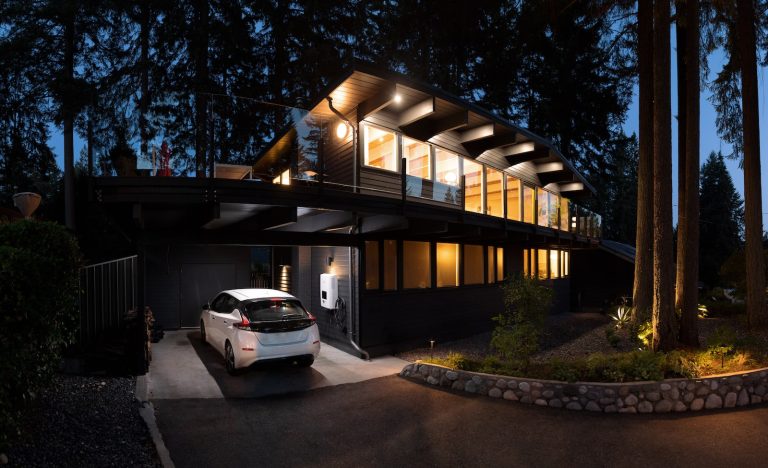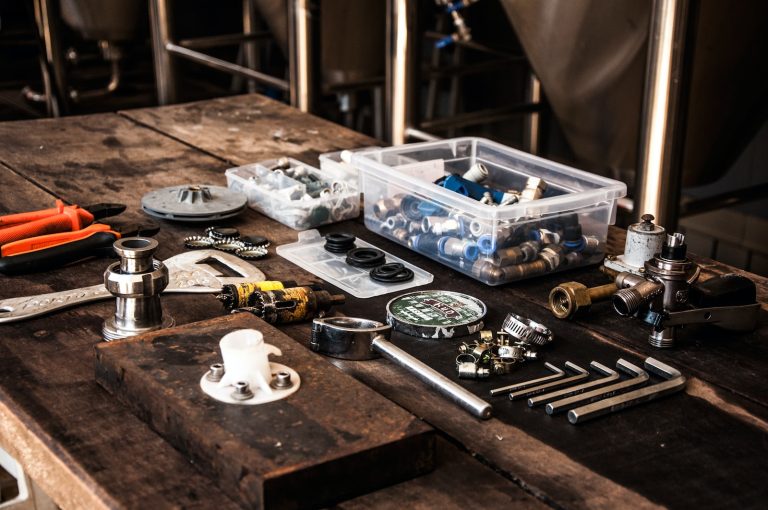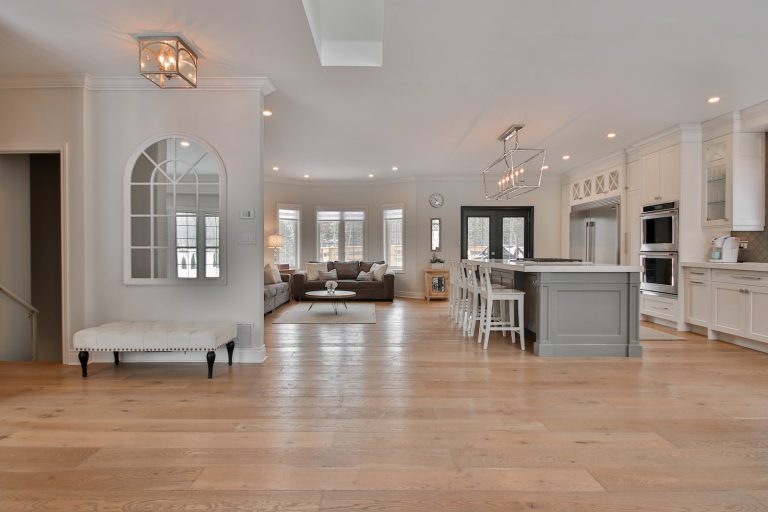Pros and Cons of Different Countertop Materials

Looking to renovate your kitchen or bathroom? Choosing the perfect countertop can make all the difference. With so many options available, it can be overwhelming to pick the right one for your home.
From sleek granite to eco-friendly bamboo, each material has its own unique benefits and drawbacks. In this blog post, we’ll explore some of the most popular countertop materials on the market today and help you weigh their pros and cons so that you can make an informed decision.
Countertop Materials
When it comes to countertop materials, there are Pros and Cons of Different Countertop Materials.
Here is a break down of the most popular materials on the market today:
Granite is one of the most popular countertop materials available. It is durable, heat resistant and available in a variety of colors and patterns. However, granite is also a porous material, which means it can stain if not properly sealed.
Quartz is another popular option for countertops. It is non-porous and therefore resists staining better than granite. Quartz is also available in a wide range of colors and patterns. However, quartz is man-made, so it may not have the same natural look as granite.
Soapstone is a natural stone that has been used for centuries in counters and sinks. Soapstone is heat resistant and very durable. It does require regular maintenance with oiling to prevent staining.
Wood countertops are beautiful and unique. Wood is susceptible to scratches and water damage, so it requires more care than other materials. Butcher block style wood countertops need to be sanded and oiled regularly to maintain their beauty.
Concrete countertops are becoming increasingly popular due to their durability and customizability. Concrete can be stained or dyed any color you desire, and it can be stamped or textured to create unique designs. However, concrete is a porous material and needs to be sealed regularly to prevent staining.
Laminate countertops are a great budget-friendly option because they are relatively inexpensive compared to other materials. Laminate comes in many colors and patterns that can mimic the look of more expensive materials. They are also durable, but can be scratched or stained if not properly cared for.
These are just some of the countertop materials available on the market today. When choosing a material, it’s important to consider your lifestyle and budget in order to make the best decision for your home.
Pros & Cons of Granite Countertops
Granite countertops are a popular choice for many homeowners because they are attractive and durable. However, there are some drawbacks to using granite in your kitchen that you should be aware of before making a final decision.
PROS:
Granite is damage resistant and heat resistant, making it ideal for use in the kitchen.
Granite is easy to clean and maintain, requiring only regular wiping and sealing to keep it looking new.
The unique patterns and colors of granite add beauty and value to your home.
CONS:
Granite is a heavy material, so you will need to make sure your cabinets are strong enough to support the weight.
Granite is a porous material, so it can absorb stains if not sealed properly. spills should be cleaned up immediately to avoid staining.
Granite countertops can be expensive, so you will need to compare prices from different suppliers before making a final decision.
Pros & Cons of Quartz Countertops
Quartz countertops are a popular choice for many homeowners because they offer a number of advantages. Quartz is a very strong and durable material, so it is ideal for kitchen countertops where there is a lot of activity.
It is also resistant to scratches and staining, so it will retain its good looks for many years. Quartz is available in a wide range of colors and patterns, so you can find a quartz countertop that fits your personal style.
There are also some disadvantages to quartz countertops. First, they are one of the more expensive countertop materials on the market. Second, quartz is a man-made material, so it does not have the same natural beauty as granite or marble.
Finally, quartz is not heat resistant, so you should use caution when placing hot pans on your quartz countertop.
Pros & Cons of Marble Countertops
Marble countertops are a classic choice for any kitchen or bathroom, but they come with a few downsides. Here are the pros and cons of marble countertops to help you make the best decision for your home.
Pros:
Marble is a beautiful natural stone that adds luxury and elegance to any space. It’s also heat resistant, making it ideal for use in kitchens.
Cons:
Marble is porous, which means it can be easily stained. It’s also soft and prone to scratching, so it must be sealed regularly if used in a kitchen. Marble countertops are also quite expensive compared to other countertop materials.
Pros & Cons of Laminate Countertops
Laminate countertops are one of the more popular choices when it comes to kitchen countertop materials. And there are plenty of good reasons why laminate is such a popular choice. Laminate countertops are:
Affordable. Laminate countertops are usually much less expensive than other types of kitchen countertops, like granite or marble.
Easy to care for. Laminate countertops are very easy to keep clean and looking new. All you need is a little soap and water and you’re good to go!
Wide variety of colors and patterns. You can find laminate countertops in just about any color or pattern imaginable. So, if you’re looking for a specific look for your kitchen, chances are good that you’ll be able to find it in laminate form.
However, there are also some drawbacks to laminate countertops as well. For example:
They’re not as durable as other materials. Laminate countertops can scratch and chip relatively easily, so they might not be the best choice if you have kids or pets in the house who tend to be hard on surfaces.
They’re not heat-resistant. If you happen to put a hot pot down on a laminate countertop, it could damage the surface (not to mention give you a nasty burn!).
They’re not very eco-friendly. Laminate countertops are typically made from petroleum-based products, which aren’t exactly good for the environment.
Pros & Cons of Solid Surface Countertops
There are many different countertop materials to choose from, and each has its own set of pros and cons. In this article, we’ll be taking a look at solid surface countertops. Solid surface countertops are made from a man-made material that is non-porous and very easy to clean.
They’re also heat-resistant and can be renewed with sanding if they become scratched or damaged. On the downside, solid surface countertops are one of the more expensive options, and they can be damaged by strong chemicals. They also require special care when cleaning, as harsh cleaners can damage the finish.
Pros:
• Easy to clean and non-porous.
• Heat resistant.
• Renewable with sanding if scratched or damaged.
• Attractive colors and textures available.
Cons:
• One of the more expensive countertop materials.
• Must be careful when cleaning as harsh cleaners can damage the finish.
• Can be damaged by strong chemicals such as bleach or acetone.
Alternatives to Traditional Materials
There are a lot of materials available on the market for countertops these days. Here is a list of some alternative materials to traditional countertop materials like granite or marble:
- Soapstone: Soapstone is a natural stone that is heat resistant and non-porous, making it ideal for use in the kitchen. It also has a unique patina that develops over time, giving it a beautiful antique look.
- Concrete: Concrete countertops are becoming more popular due to their unique look and durability. They can be customized with different colors, stains, and textures to create a one-of-a-kind look for your kitchen.
- Glass: Glass countertops are sleek and modern looking, and they come in a variety of colors and styles. They’re also non-porous and easy to clean, making them ideal for the kitchen.
- Wood: Wood countertops can add a warm and natural look to your kitchen. They’re available in a variety of woods, including bamboo, walnut, cherry, and oak. Just make sure to seal them regularly to protect against stains and water damage.
Conclusion
Ultimately, the type of countertop material that will be most suitable for you depends on your unique needs and preferences. The pros and cons of each material should be taken into consideration before making a decision.
Not only do you want to make sure that it is aesthetically pleasing but also durable enough to last through all your cooking endeavors. With these insights about countertops in mind, we hope you can pick out the perfect one for your kitchen!
James is a passionate writer and gardener with years of experience in home gardening. He is the author of several articles and blog posts on HomeGardenBlog.com, a platform where he shares his expertise and love for plants and gardening with the world.






